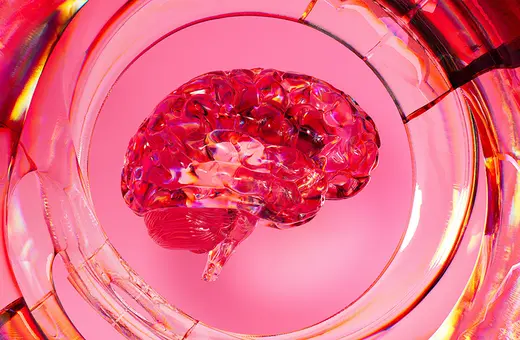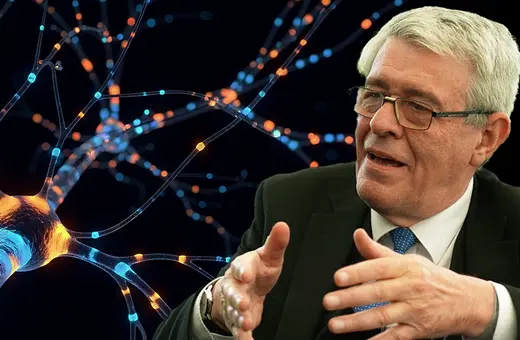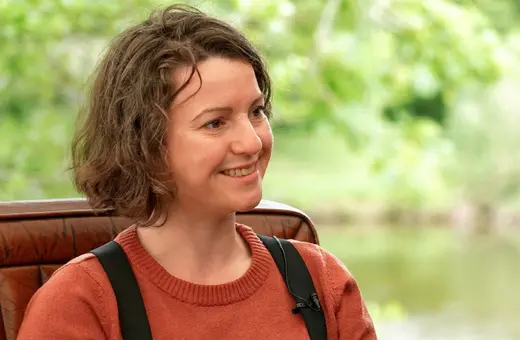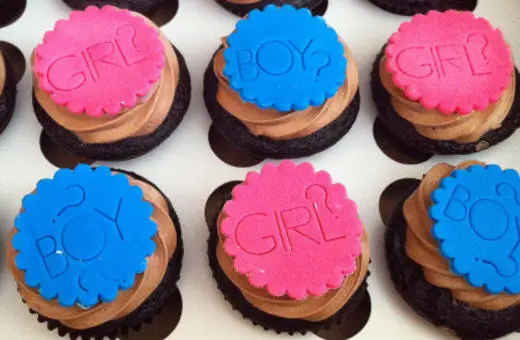Once depression or anxiety hits, a feedback loop from hell can begin. We start to feel depressed about being depressed, anxious about feeling anxious. Fighting a negative experience is a negative experience in itself. To prevent this feedback loop, we should accept our pain, not fight it, writes Mark Manson.
There’s an insidious quirk to your brain that, if you let it, can drive you absolutely batty. Tell me if this sounds familiar to you:
You get anxious about confronting somebody in your life. That anxiety cripples you and you start wondering why you’re so anxious. Now you’re becoming anxious about being anxious. Doubly anxious. Now you’re anxious about your anxiety, which is causing more anxiety. Quick, where’s the whiskey?
Or let’s say you have an anger problem. You get pissed off at the stupidest, most inane stuff, and you have no idea why. And the fact that you get pissed off so easily starts to piss you off even more. And then, in your petty rage, you realize that being angry all the time makes you a shallow and mean person, and you hate this; you hate it so much that you get angry at yourself. Now look at you: you’re angry at yourself getting angry about being angry.
Or you’re so worried about doing the right thing all the time that you become worried about how much you’re worrying. Or you feel so guilty for every mistake you make that you begin to feel guilty about how guilty you’re feeling. Or you get sad and alone so often that it makes you feel even more sad and alone just thinking about it.
___
___
Welcome to the Feedback Loop from Hell. Chances are you’ve engaged in it more than a few times. Maybe you’re engaging in it right now: “God, I do the Feedback Loop all the time—I’m such a loser for doing it. I should stop. Oh my God, I feel like such a loser for calling myself a loser. I should stop calling myself a loser. Ah, fuck! I’m doing it again! See? I’m a loser! Argh!”
Believe it or not, this is part of the beauty of being human. Very few animals on earth have the ability to think cogent thoughts to begin with, but we humans have the luxury of being able to have thoughts about our thoughts. The miracle of consciousness!
Now here’s the problem: Our society today, through the wonders of consumer culture and hey-look-my-life-is-cooler-than-yours social media, has bred a whole generation of people who believe that having these negative experiences—anxiety, fear, guilt, etc.—is totally not okay. I mean, if you look at your Facebook feed, everybody there is having a grand old time. Look, eight people got married this week. And some sixteen-year-old on TV got a Ferrari for her birthday. And another kid just made two billion dollars inventing an app that automatically delivers you more toilet paper when you run out.
___
___
Meanwhile, you’re stuck at home flossing your cat. And you can’t help but think your life sucks even more than you thought.
The Feedback Loop from Hell has become a borderline epidemic, making many of us overly stressed, overly neurotic, and overly self-loathing.
We feel bad about feeling bad. We feel guilty for feeling guilty. We get angry about getting angry. We get anxious about feeling anxious. What is wrong with me?





















Join the conversation